Description
Enterococcus is a genus of Gram-positive, facultatively anaerobic cocci bacteria that naturally reside in the gastrointestinal tracts of humans and animals. They are part of the normal gut flora but can also act as opportunistic pathogens.
Key Features:
- Tolerant to harsh conditions like high salt and bile concentrations
- Some strains produce bacteriocins, which inhibit harmful bacteria
- Used in food fermentation, especially in traditional cheeses and fermented sausages
Common Species:
- Enterococcus faecalis and Enterococcus faecium are the most studied species; they can be beneficial probiotics but are also known for causing hospital-acquired infections
- Probiotic strains are carefully selected due to concerns about antibiotic resistance
Health Impact:
While generally harmless in a balanced gut, some Enterococcus species can cause infections in immunocompromised individuals, making their dual role important in both clinical and food microbiology contexts.
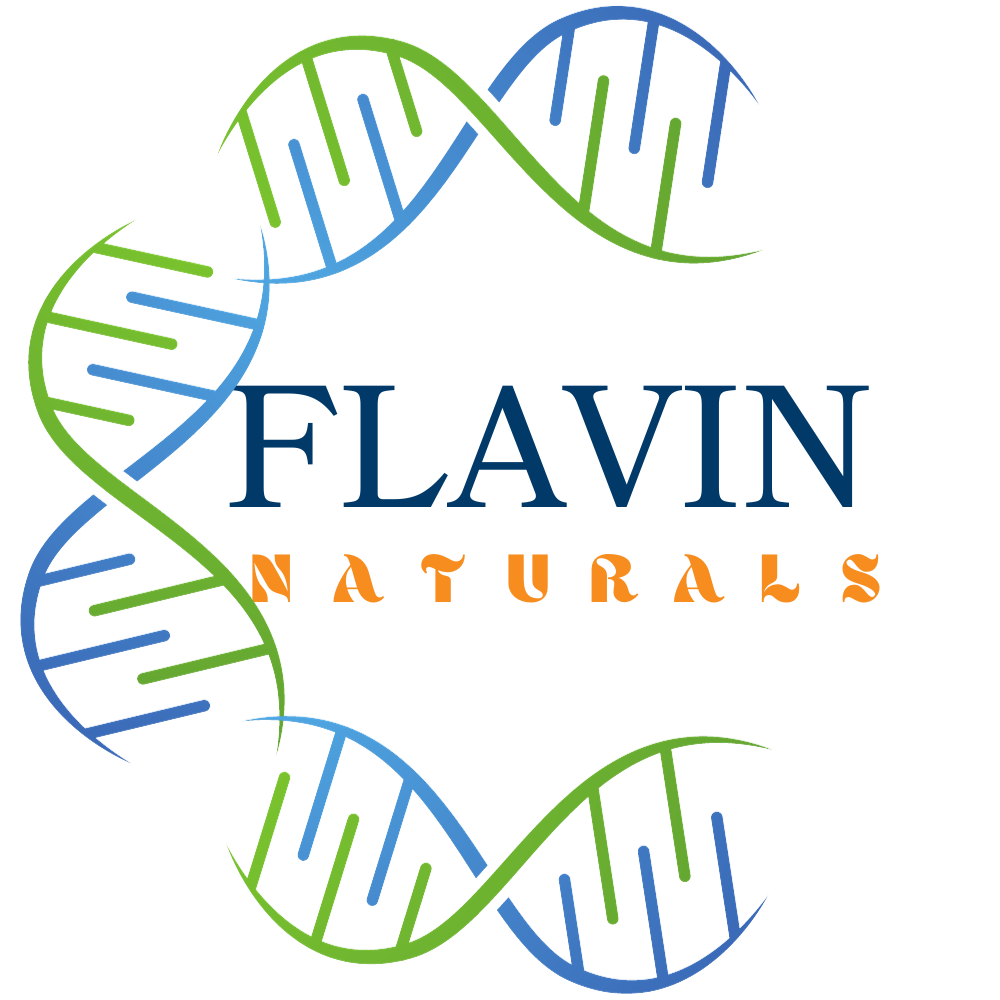
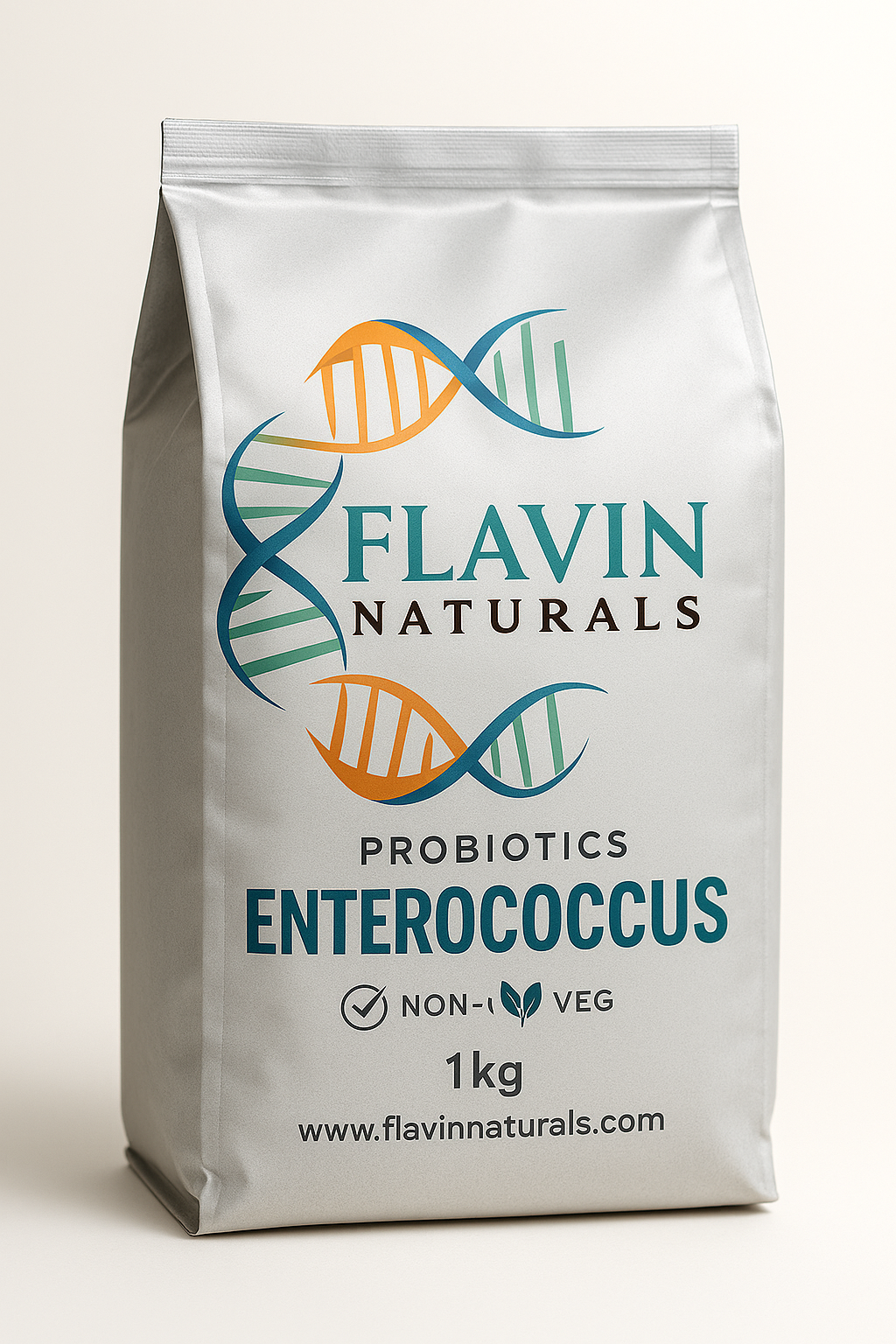
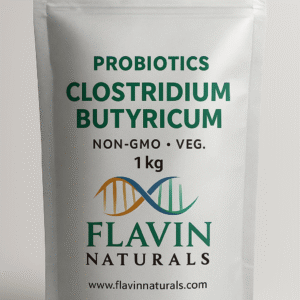
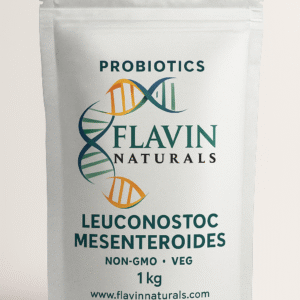
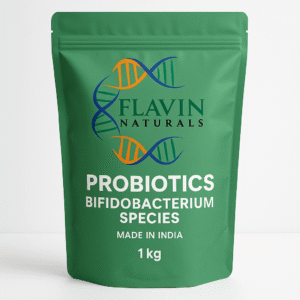
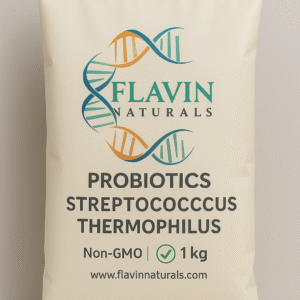

Reviews
There are no reviews yet.